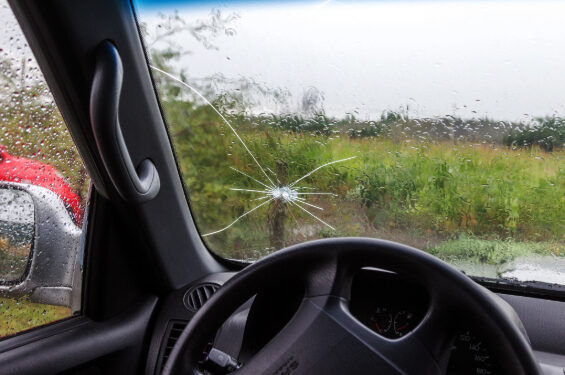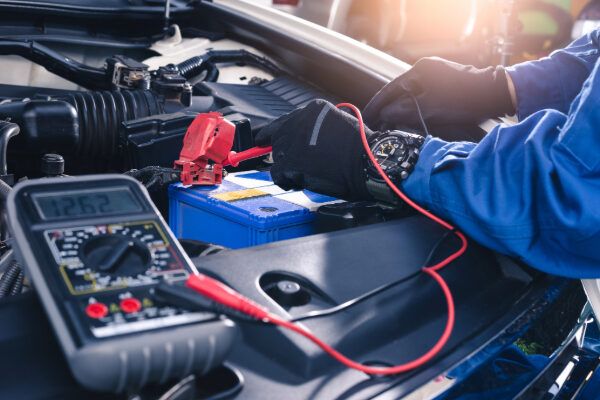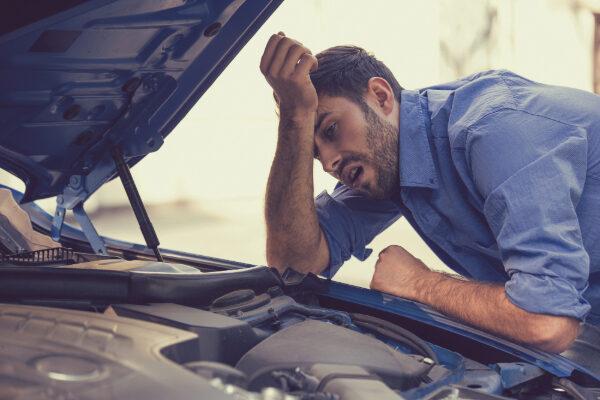
Next to your home, your car is probably the most expensive item you’ll ever purchase. So it makes sense to want to protect it. For many consumers, that means buying an extended warranty – but it might not always be your best value.
What is an extended warranty?
An extended warranty is designed to provide coverage for repairs after the manufacturer’s standard coverage has expired. Typically, auto manufacturers provide bumper-to-bumper warranties on cars for three years or 36,000 miles, whichever comes first.
While many of us buy warranties hoping to cover our costs when repairs are needed, a 2013 survey by Consumer Reports National Research Center found that only 45 percent of car buyers who purchased extended warranties ended up using them. Of those who used it, the amount spent on the extended warranty was greater than what they would have spent on the repair.
Questions to consider prior to purchasing
Still, for some people, an extended warranty can provide peace of mind. If you are among those who feel better carrying a warranty, make sure you ask these questions before buying the policy:
Who is providing the warranty?
If the coverage is being provided by an aftermarket company rather than the manufacturer, buyer beware. Edmunds.com reports many third-party warranty companies go out of business within just a few years, so make sure your coverage is provided by the manufacturer.
What does an extended warranty cover?
It’s easy to assume extended warranties will provide the same coverage as the original manufacturer’s warranty – but that’s not always the case. Read the contract thoroughly and know what’s covered in order to make an informed decision. You’ll also want to determine who pays the upfront cost – if you’re expected to pay for the repair and seek reimbursement, you might run into hassles getting your full money’s worth.
Is the warranty transferable?
You don’t want to pay for something you can’t use. If you end up selling the car, being able to include the extended warranty could be an added selling point. Make sure the warranty will transfer to the new owner.
Do you really need it?
If you’re buying a reliable car, you might not have many repair bills – or the repairs you’ll need to have done will be minimal. Do your homework and look at the average repair costs for the car you’re interested in. If the repair costs are high, you might consider a different car; if the repair records are minimal for your make and model, consider foregoing the warranty. Financial expert Dave Ramsey is among those who suggests that you put aside at least half of the money you’d spend on a warranty and save it for repairs.
One final piece of advice: Make sure you purchase the warranty separately from the car itself. If you roll the cost of the warranty into the purchase price of the car, you’ll end up paying interest on it.



